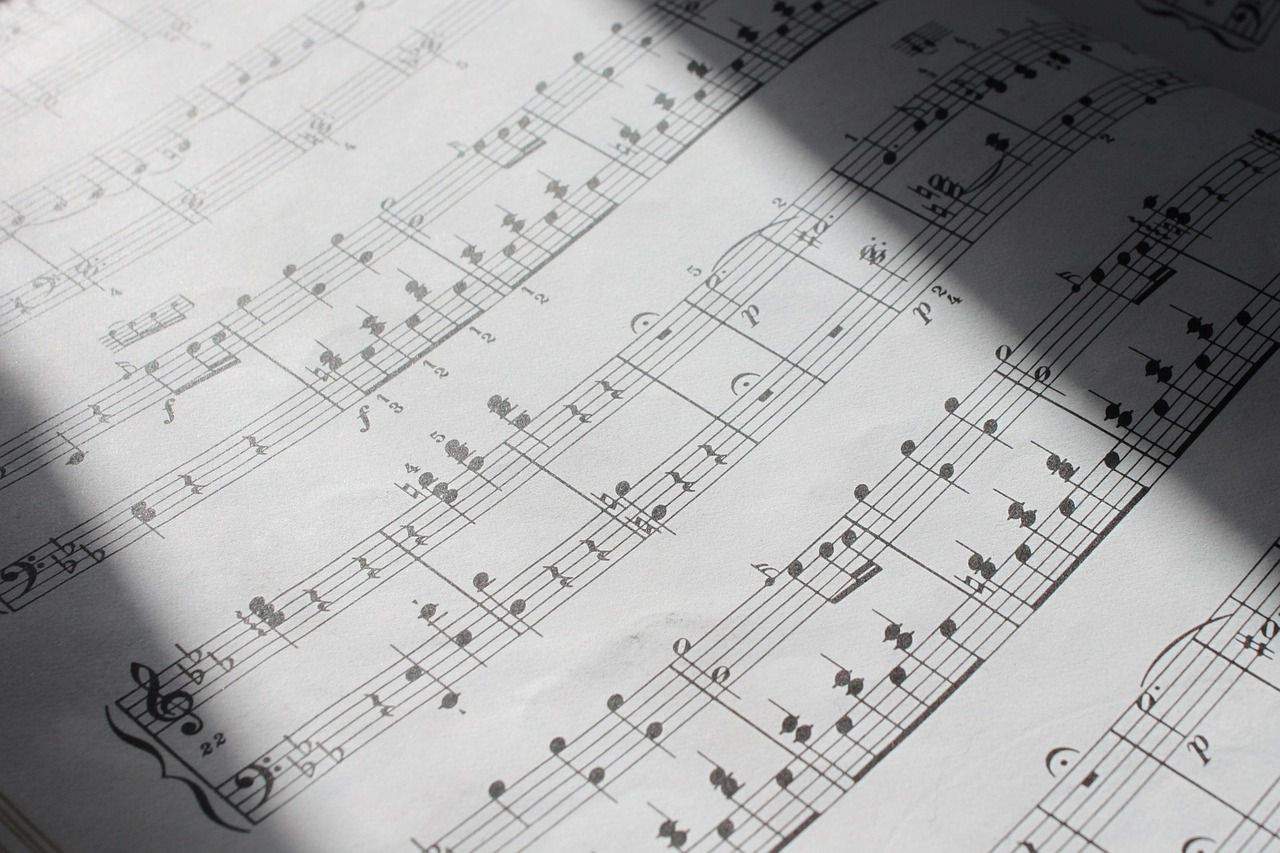Mozart isn't magical: A new study claims that this music doesn't have any specific effects
Over the past five decades, claims about the positive effects of Wolfgang Amadeus Mozart's amazing music have garnered attention.
However, a study published in Nature Scientific Reports, challenges the notion that Mozart's melody, specifically his Sonata KV448, has a beneficial impact on epilepsy.
Let's find out more.
A study that destroys myths
Despite widespread associations of Mozart's music with positive effects on almost everyone (including children, animals, insects, and even microorganisms), many of these claims lack scientific validity.
These ideas often stem from a disproven observation of their temporary spatial reasoning improvement in people after listening to the first part of Mozart's sonata KV448.

Recent variations of the "Mozart effect" claimed symptom relief in various epilepsy patients, but Oberleiter and Pietschnig's comprehensive research synthesis found no real evidence supporting this claim.
They attribute the alleged Mozart effect just to selective reporting, small sample sizes, and also inadequate or biased research practices.
In conclusion, while Mozart's music is appreciated for its beauty, it does not appear to provide any relief from epilepsy symptoms.
